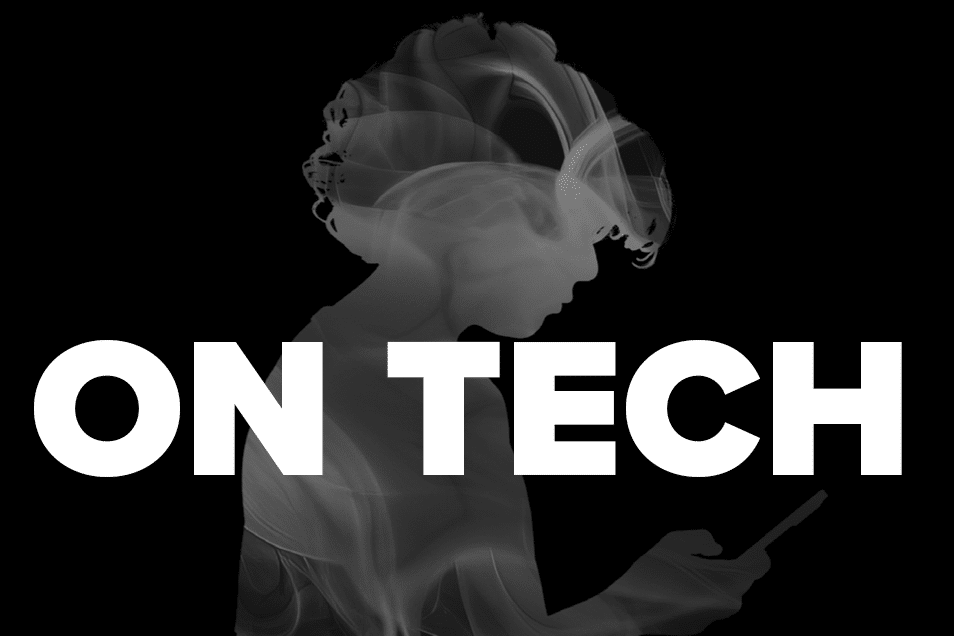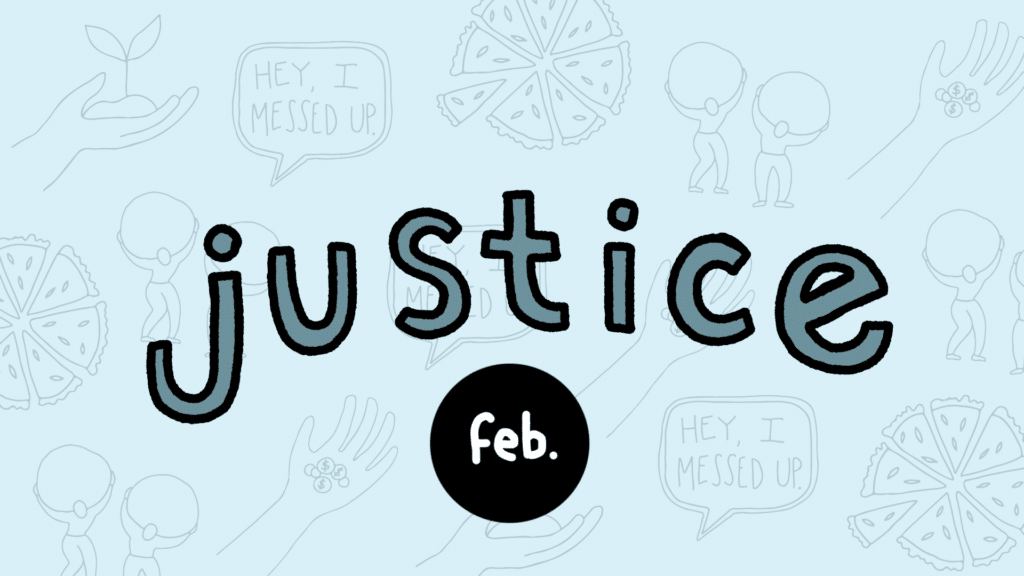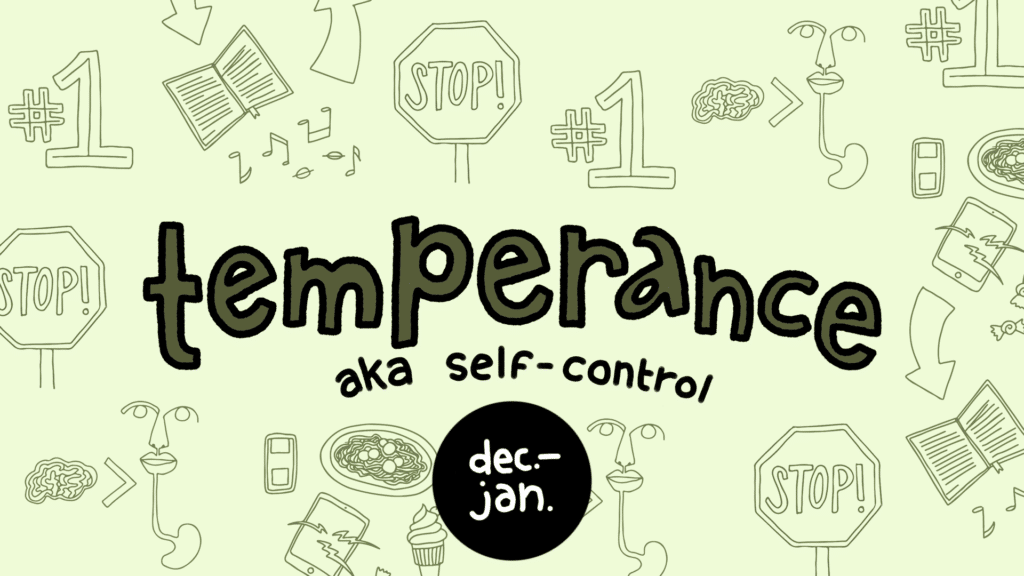
Last Wednesday we shared about our UMS Logic and Rhetoric Class, and the students’ belief that the Grizzly Apology should be taught to all American middle school students. Today Miss AnnE is back with more about this unique and powerful tool:
The Hilarious Headmistress’ Logic & Rhetoric Log
(Straight from the Middle School Thought Trenches)
Part II of The Grizzly Apology
I believe that most of us would agree that the ability to offer a sincere, affirming, and, ultimately, healing apology seems to be disappearing from civil discourse, let alone our day-to-day interactions with one another. To be able to do so with integrity and grace? Even more rare, indeed.
And yet, there IS some good news on this front: we can employ a user-friendly format/template to help us become really fine apologizers—people who use their words and actions to model sincerity and integrity, and a ready willingness to seek reconciliation for the restoring and maintenance of fellowship and trust. SLOCA’s Grizzly Apology provides that format/template.
From last week’s blog, here are the (logical and rhetorical) elements in our Grizzly Apology:
- Use the person’s name and seek eye contact when you…
- Apologize specifically for what you did/said. (Name your stuff.)
- Acknowledge specifically how what you did/said affected the other person—”name your stuff” again.
- Commit to making a sincere effort to do better OR commit to doing better.
- Ask (humbly and sincerely), “Will you forgive me?”
- Live with the answer (and say ‘Thank you!”)
Here, this week, is an example of our Apology in practice—straight out of Middle School, no less. Thanks to the brave-and-anonymous students who worked with me in perfecting it for their situation. (Ergo, names have been changed:-)
(Face-to-face with eye contact)…
“Scott, I am sorry that I kicked your backpack earlier in the hallway.”
“Your backpack is your personal property and it was a rude and kinda dumb move that was disrespectful/mean/rude (unnecessary/uncool) to you, and might have made you feel bad.”
“Kicking backpacks is a bad habit, and I’m going to try hard to stop doing it.” (There’s a kinda lame pun/joke in there–”I’m going to kick the habitd:-)”
“Scott, will you forgive me for kicking your backpack?” (It’s really powerful when “Scott” might say, “Sure, Rick, I will (forgive you).”
Shake hands…Scott says, ‘Thank you.’
The character ‘gem’ in the above lies first in the honest acknowledgement of how we believe our mistake/deed may affect the other person, and any harm it created. Secondly, that move to see what happened from the other person’s point of view proves to the other person that you understand not only what you did/said but also how it may have affected him or her—what harm might have been done.
In addition, today’s behavioral science and psychology tell us that if we confess honestly to our misdeeds and their ramifications (out loud), we are far less likely to repeat the troubling/troublesome behavior(s). That, my friends, seems like a real bonus to me.
There it is–The Grizzly Apology. It has been my pleasure to collect many testimonials from students and adults who have used it and found that it made a powerfully positive addition to their communications ‘repertoire.’ It has become an important part of how they relate to others in their families and beyond, and it was surprisingly fun to work with. For me, personally, this one rhetorical tool has many times—in many ways—changed my life for the better.
Hopefully, The Grizzly Apology will prove valuable for you and yours, too. I’d love to hear about your adventures in trying it on for size:-) I would.
Oh, and I would happily provide any coaching assistance that you might require in putting it into play:-)
Thank you, AnnE ! Folks, here’s a pdf download of the Grizzly Apology written out, if you’d like to post it on your wall/cubicle/refrigerator:











